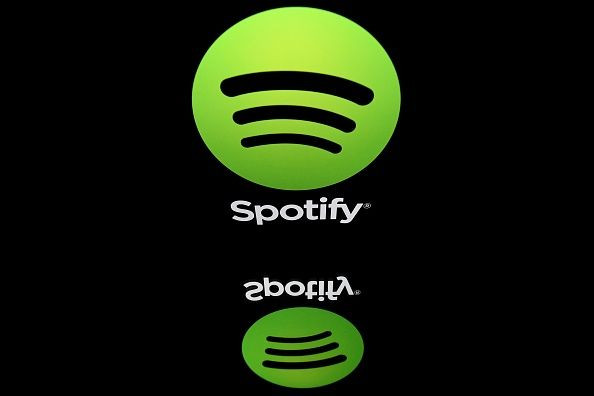It's Official: Spotify Is Launching In India

After talking up the prospect of launching in India for nearly a year, dominant paid music-streaming service Spotify (NYSE:SPOT) is officially entering the world's second-most-populous country today. The service's launch comes despite news that Warmer Music, one of the big three record labels, has sued Spotify in the country, attempting to block the Swedish company from playing music from Warner's catalog in India due to ongoing licensing disagreements.
Here's what investors need to know.
A rocky rollout
MusicBusinessWorldwide reports that Spotify is indeed pushing forward with the launch, legal challenges notwithstanding. The Verge also notes that some local users have been able to download the app and open accounts, even though Spotify hasn't formally announced the debut.
That's not the only plan Spotify is launching with in India. You can choose from Rs. 13 per day to Rs. 1,189 for the full year. And there's a half-off student membership too. Don't see a family subscription yet though :( #SpotifyIndia pic.twitter.com/q5GZeqenWV
— Akhil Arora (@akhil_arora) February 26, 2019
Pricing starts at 119 Indian rupees (INR) per month ($1.68) for a basic premium plan. There are also ways to buy access for varying periods of time without a subscription, ranging from one day ($0.18) to six months ($10.13). Signing up for a full year brings the monthly cost down to 99 INR ($1.39). A student discount of 50% is available, but family plans are not.
Spotify prices its service differently across markets in order to accommodate local consumer preferences and income levels. Average revenue per user (ARPU) has been trending lower in part due to growth in premium subscribers in emerging markets. Ongoing uptake of student and family plans has also pressured ARPU, but those plans have very strong user retention.
"The downward pressure on ARPU continues to be driven by product mix (Family Plan and Student Plan as a percentage of the total base), and is increasingly driven by market mix as growth in our relatively lower ARPU markets is outpacing geographies with higher ARPU," Spotify wrote in its fourth-quarter shareholder letter.
Fighting with Warner
The legal dispute with Warner is complicating the launch, as Warner represents prominent artists like Ed Sheeran, Cardi B, and Cher, among many others. The two companies have been unable to reach an agreement, but Spotify argues that it can stream content from Warner's publishing arm (which is separate from the record label) using a local law regarding broadcast radio.
That would be similar to how Pandora long operated in the U.S., foregoing direct licensing deals and instead relying on a statutory license available in the country. Pandora has since transitioned to direct licensing deals as part of its on-demand streaming service.
Last month, Spotify was able to secure a licensing deal with T-Series, which is easily the most important local label. It produces much of the popular Bollywood music content in India. Even with a rocky launch, India represents significant potential for Spotify once it can settle its differences with Warner.
"Specifically related to the Indian market, I think we're seeing, it's a very healthy ecosystem of both home-grown players, but also international players being successful in the marketplace when it comes to other sectors," CEO Daniel Ek said on the earnings call earlier this month. "As such, and combined with the level of user interest that we're seeing for the Spotify brand, makes us feel comfortable that we have a good chance of being a very, very strong player in the Indian markets."
This article originally appeared in the Motley Fool.
Evan Niu, CFA owns shares of Spotify Technology. The Motley Fool recommends P. The Motley Fool has a disclosure policy.




















